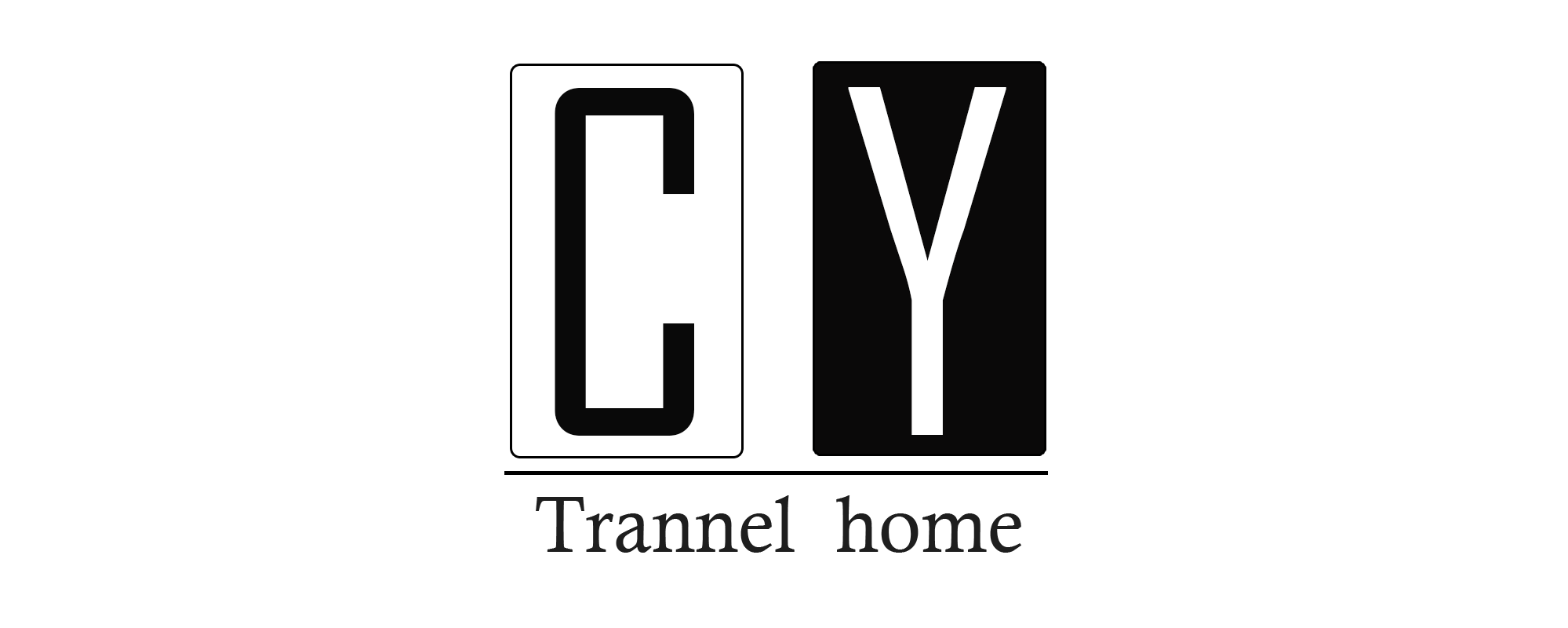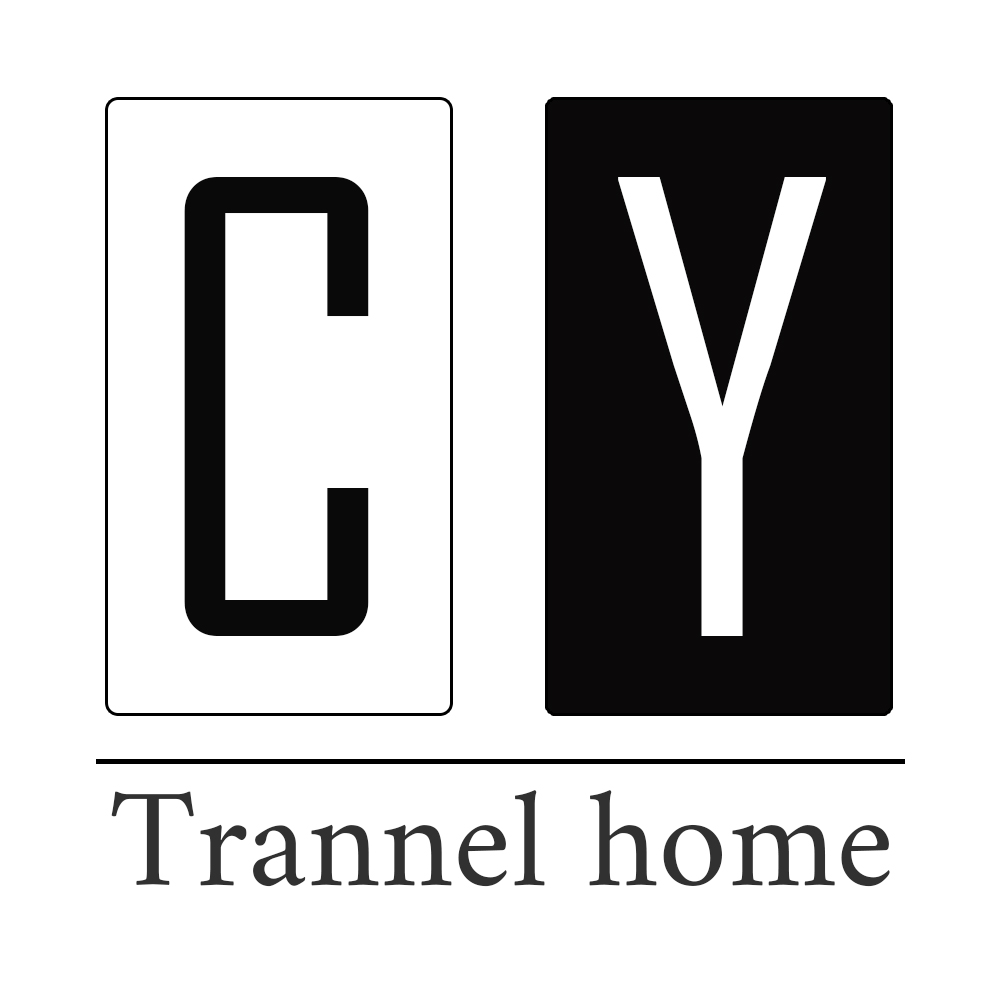Europe’s furniture market is experiencing a historic surge, with wood upholstered dining chairs leading the charge. As consumers shift away from mass-produced, disposable furniture, handcrafted, sustainable designs are dominating sales—especially in key markets like Germany, France, and Scandinavia.
But breaking into Europe requires more than just great products. You need localized marketing, compliance mastery, and a deep understanding of European buyer psychology.
This guide reveals:
✔ Why Europe can’t get enough of wood upholstered dining chairs
✔ The 5 most lucrative markets to target first
✔ A step-by-step marketing playbook for European success
1. Why Wood Upholstered Dining Chairs Are Europe’s Hottest Furniture Category
① The Anti-Fast Furniture Revolution
Europeans are rejecting cheap, flat-pack dining sets in favor of:
- Handcrafted wood frames (visible joinery = premium appeal)
- Replaceable/recyclable upholstery (sustainability-driven)
- Timeless designs that last decades, not years
Stat: 72% of UK consumers now prefer “long-life furniture” over disposable options (Furniture Today Europe).
② The Work-From-Home Dining Table Boom
With more Europeans working and dining at the same table:
- Comfort is king → upholstered seats outsell hard chairs 3:1
- Adjustable-height chairs (for work/dining transitions) are trending
- Compact designs for small urban apartments sell fastest
③ Sustainability as Standard
European buyers demand:
✅ FSC-certified wood (non-negotiable for most retailers)
✅ OEKO-TEX® certified fabrics (free from harmful chemicals)
✅ Carbon-neutral shipping options (a growing differentiator)
2. The Top 5 European Markets for Wood Upholstered Dining Chairs (and What They Want)
| Country | Key Trends | Price Sensitivity | Best Sales Channels |
|---|---|---|---|
| Germany | Engineering precision, dark wood tones, stackable designs | Medium (quality-focused) | Home24, Connox, trade shows |
| France | Luxury curves, bold fabrics (velvet, linen), carved details | Low (design-driven) | Made.com, Maisons du Monde |
| Sweden | Light oak/ash, removable cushion covers, minimalist legs | High (but pays for eco-certification) | IKEA competitors, Etsy |
| Italy | Artisanal heritage, family-style seating, rich leathers | Low (brand prestige matters) | High-end boutiques, Architonic |
| Netherlands | Space-saving, transformable (e.g., armless for tight spaces) | Medium | Bol.com, local design stores |
3. Your 6-Step Marketing Playbook for European Success
Step 1: Certify or Get Rejected
Without these, most buyers won’t even consider you:
- FSC/PEFC Certification (for wood sourcing)
- CE Marking + EN 12520 (safety compliance)
- REACH Compliance (chemical-free fabrics)
Pro Tip: Group testing with other suppliers to cut certification costs by 30-50%.
Step 2: Price Like a European (Not Like a Chinese Supplier)
Europeans expect:
- Transparent pricing (include VAT upfront)
- Value-based premiums (they’ll pay more for craftsmanship)
- Smaller MOQs than U.S. buyers (often 50-100 units)
Pricing Formula:
(Production Cost + 40%) + VAT + 15% Retail Margin = Your EU Wholesale Price
Step 3: Choose Your Launch Market Wisely
Best for beginners:
- Netherlands (high e-commerce adoption, English-friendly)
- Germany (largest market, but strict compliance needs)
For luxury positioning:
- France/Italy (higher margins, but need design flair)
Step 4: Market Like a Local (Not a Foreign Seller)
Content that converts Europeans:
- “Craftsman Spotlight” videos (show artisans hand-stitching upholstery)
- “How It’s Made” series (highlight sustainable materials)
- Before/After room shots (prove chairs suit small European spaces)
Top platforms:
- Instagram & Pinterest (visual-driven markets)
- Facebook Groups (e.g., “Scandinavian Home Design”)
Step 5: Solve the Logistics Puzzle
Crucial considerations:
- EU fulfillment centers (cut delivery from 4 weeks to 3 days)
- Flat-pack designs (save 30-50% on shipping)
- DDP Incoterms (Europeans hate hidden fees)
Step 6: Offer Guarantees That Build Trust
Europeans expect:
- 10-year frame warranties (standard for premium chairs)
- Upholstery refurbishment services (after 5+ years)
- Free fabric swatches (key for online buyers)
4. Case Study: How a Portuguese Supplier Dominated the German Market
Challenge:
A family-run workshop made exquisite upholstered dining chairs but struggled with German buyers’ “Southern European quality” bias.
Solution:
- Achieved German TÜV certification (beyond standard CE)
- Rebranded as “Engineered for Berlin Apartments” (slightly narrower dimensions)
- Partnered with a Hamburg fulfillment center for 2-day delivery
Result:
- 450% sales increase in 18 months
- Now supplies 25+ German boutiques
5. The Future: What’s Next for European Dining Chairs?
🔮 2025 Trends to Watch:
- Self-cleaning fabrics (nanotech coatings)
- Modular designs (interchangeable backs/seats)
- Blockchain-tracked sustainability (prove wood origins)
Your Action Plan: 3 Steps to Start Today
- Run a Compliance Audit – Identify certification gaps.
- Pick 1 Test Market – Start small (e.g., Netherlands via Bol.com).
- Localize Your Story – Adapt messaging to local design trends.
Need Help? We specialize in turning furniture suppliers into beloved European brands—let’s discuss your strategy.
SEO Optimization
✅ Target Keywords:
- “wood upholstered dining chairs Europe”
- “sell dining chairs to EU market”
- “FSC certified dining chairs”
✅ Authority Links:
✅ Meta Description:
Want to sell wood upholstered dining chairs in Europe? Discover the hottest markets, must-have certifications, and a proven 6-step marketing strategy to win European buyers.
This guide positions you as the expert in European furniture sales—while ranking high on Google. Want to focus on a specific country? Let me know!



